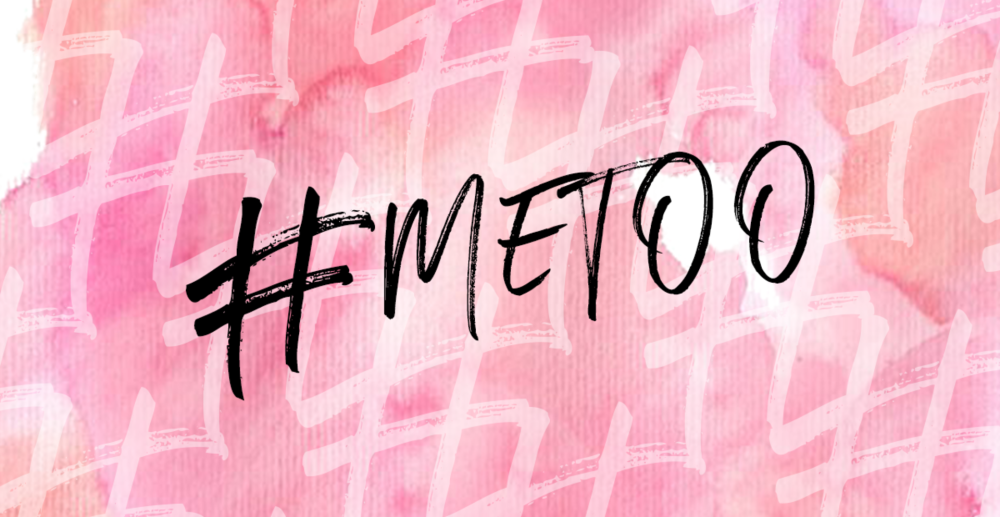Editor’s note: In this first of two articles, we look at the Weinsteinification of corporate America, and how brands need to know how to negotiate a #MeToo scandal. In the second part, we’ll look at the key role social media has played in creating the conditions for exposing sexual misconduct and placing enormous pressure on brands to respond.
By and large, women have always felt unsafe amongst men in the workplace. Our fears have been talked about between each other, but rarely voiced out loud – especially not in places where men could overhear, lest they dismiss us or mock us, or perhaps even fire us. This has been the unfortunate reality since, well, forever. That is, until now.
As more and more allegations of sexual assault come out – and it does feel like a new name surfaces everyday – it seems like everybody, brands included, is struggling to figure out how to navigate a very muddy landscape. Men in the workplace are shocked and appalled, and perhaps even guilty. Women in the workplace are not shocked, though nevertheless appalled, and quite frankly, we’re exhausted. Even just writing this piece has been exhausting and I’ve had to start and stop, and return at a later date knowing that it was okay to return at a later date because the subject matter would devastatingly remain relevant.
One of the most disturbing issues to come out of all of this, though, is the sudden realization by brands that: We don’t have a lot experience handling sexual assault because we just haven’t dealt with it until now. It has gone ignored, and brands are, in a way, complicit in the silencing of victims.
But, in the age of reckoning, it’s time to figure this thing out. Fortunately or unfortunately, the Harvey Weinstein scandal has launched a snowballing national conversation about sexual assault or misconduct in the workplace. With Matt Lauer and NBC hitting the news most recently, Deb Gabor, CEO of Sol Marketing, is now using her platform to voice ideas on how brands can bounce back, both publicly and internally, after being rocked by sexual assault scandals.
“Accounts from NBC employees who either witnessed or claimed they were the targets of Lauer’s inappropriate behavior toward women suggest that the popular anchor’s behavior may have been going on for years,” said Gabor. “The network not only knew about it, but [they] covered it up.”
Well, here’s the deal: Not a single woman in corporate America is surprised. We are encountering a systemic problem in this regard. For NBC, their branding and image will likely sustain long and lasting damage.
“At this point, it’s unclear how NBC’s brand will weather this particular crisis, but from where I sit, it doesn’t look good,” Gabor said.
And NBC isn’t the only one. In the last few months, allegations of sexual misconduct have spread rapidly from industry to industry, and executives across the board are putting their heads together to craft a meaningful response going forward.
According to Gabor, brands can take heed of the following to successfully weather the storm, should a crisis of this magnitude prevail.
1) Be human. Express regard for victims (and don’t ever blame them). Acknowledge incidents. Above all, apologize.
2) Assume responsibility. Don’t try to cover anything up. Answer people’s questions and concerns.
3) Communicate directly, and address issues head-on. Don’t let emotions cloud a response. Respond only with what you know to be true, so the narrative doesn’t take on a life of its own. Don’t use cleverly worded statements in the passive voice to distance the company from the incidents.
4) Act swiftly to remove the offending individual(s) from their posts.
5) Get ahead of the story. Investigate. Get your facts together. Proactively communicate. Let all your stakeholders – internal and external – know what you know and what you plan to do about it every step of the way.
6) Reinforce and publicly assert your beliefs and values as an organization.
7) Do something substantial to prevent the problem from ever happening again and let your employees and customers know about it.
It is tragic that we have to endure this conversation. It is also one of the most important conversations we could be having. It is certainly one of the most important conversations of 2017. But the fact that we’re having it is meaningful and so very overdue. The bottom line? The more brands can do to support women who come forward, the better.
The better it will be for the women involved, the better it will be for the recovering company, and the better it will be for the future of the brand.








